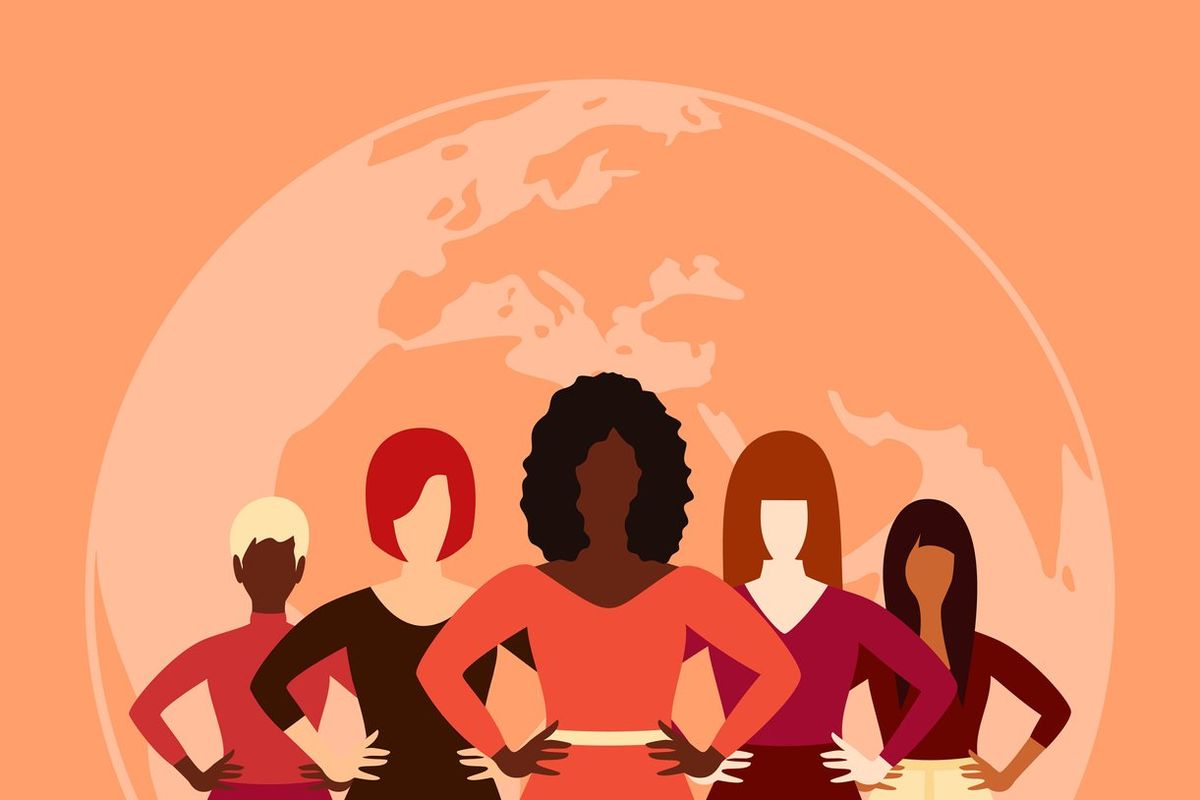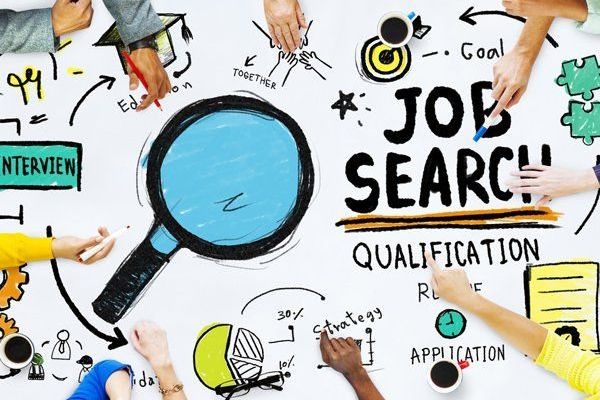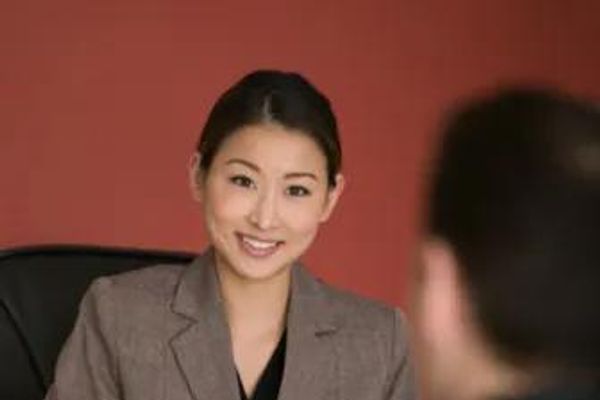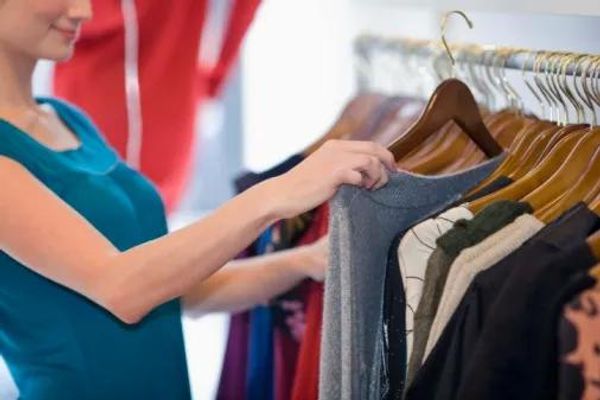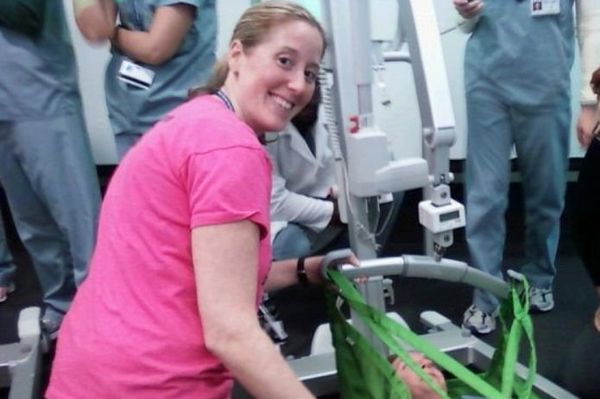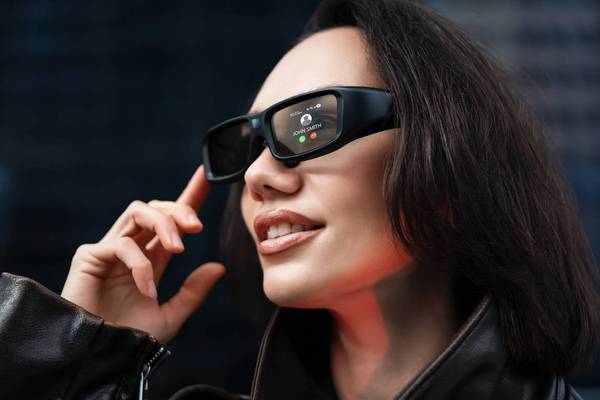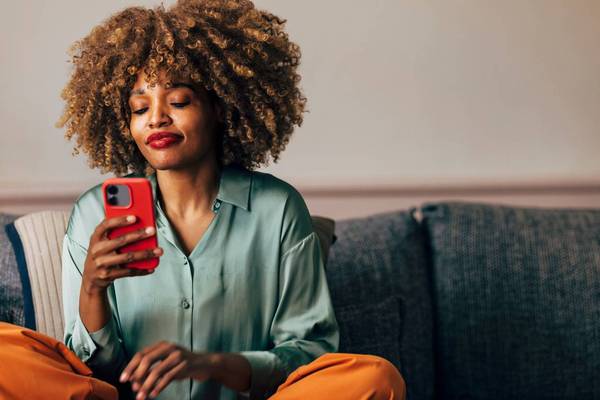April Wilson is no stranger to making her own mark. “My journey started at a young age in the Army, where women are typically overlooked and outnumbered, but I established myself as an independent badass with life experience,” she explained. Still, she couldn’t predict where her own health journey and self-taught design and production of ostomy bag covers would lead her. “I never thought this hobby would turn into a business that I love,” she said. “My platform is all about female empowerment and changing the stigmas.”
Around the world, women are more present and powerful in business than ever before. In the U.S. alone, women started 49% of new businesses in 2021, a big jump from 28% in 2019.
This is great news, but it’s only part of the story.
While women are starting more businesses, they still don’t go after or receive as much funding as men. In 2022, women-only teams received less than 2% of venture capital (VC) funding, compared to 80% of men-only teams — even though women-led businesses tend to reach higher valuations, faster.
The reality is that women are underappreciated in many aspects of society. In healthcare, women face discrimination and obstacles to proper care, from having their concerns dismissed to being blamed for their own health problems. This is particularly true for younger women, women of color and women with lower incomes.
As women gain more ground in the healthcare industry (one of the top industries for women-owned businesses), they’re creating huge shifts. Not only do these badass women impact the business world, they’re also improving the health resources and care that women receive. In honor of all the women creating products and services to better our lives, here are a few women-owned companies you should know about.
AnaOno
After Dana Donofree had a double mastectomy and reconstructive surgery, she couldn’t find a bra that fit her changed body. She felt like breast cancer had reduced her from a woman to a diagnosis. “It never dawned on me that I was now a walking, talking medical device,” she said. “It was a constant reminder that I was different now.”
So Donofree went to work: She used her experience in fashion design to create her own line of bras, and AnaOno was born. “I was able to focus my creative attention on something bigger than myself, trying to get the best fit possible for all different chest types that are a result of cancer treatment and surgery,” she said.
The best moment for Donofree was when she invited her young survivor friends over to fit the initial prototypes. It was a profound, nerve-wracking experience. “I worried that my designs would fall short,” she said. “But the silhouettes were totally chest inclusive and fit those of us with and without our breasts.”
Ten years later, AnaOno has added more products to their specialty wear, including pocketed mastectomy bras, reconstruction bras, radiation therapy bras and post-surgery loungewear. “It is the stories of our community that keep me going, because it’s more than just a bra,” Donofree said. “It’s a piece of you.”
Bosom Buddy
When Jennifer Gibbons learned about her increased genetic chance of developing breast cancer, she decided to get a preventive double mastectomy. After surgery, wearing a seat belt was so uncomfortable that driving became difficult. Her mother-in-law, Carolyn Gibbons, who is an active member of the sewing community, developed a seat belt cushion to solve the problem.
Soon Jennifer, Carolyn and friends were creating and donating the cushions to other women who needed them.
That’s when they asked the quilting company ByAnnie about using their Soft and Stable product, which helps strengthen and stabilize sewn pieces. As a result, the team at ByAnnie developed the official Bosom Buddy pattern so more women can access and create these seat belt cushions. After all, post-surgery life isn’t just about surviving — it’s about getting where you want to go in life and thriving along the way.
KILI Medical Drain Carrier
By 2013, Cinde Dolphin was an experienced veteran of the surgical process. As a result of multiple cancer diagnoses, she was about to have her ninth surgery and she knew she’d be dealing with medical drains during recovery. The standard pins or clips provided by hospitals never worked well, so Dolphin brought a canvas apron with pockets to help her manage her drains.
The hospital team was so impressed by her idea that they encouraged her to develop a washable version they could use at the hospital. By the beginning of 2014, Dolphin had a prototype that was tested by patients and received great reviews. Fast forward to today and the KILI Medical Drain Carrier is now used in multiple hospitals and sold online. Dolphin’s mission to help women regain independence and mobility after surgery comes with the added benefit of helping them feel more comfortable in their own skin.
Headcovers Unlimited
When Carol Galland was diagnosed with breast cancer at age 40, she thought she’d have plenty of options for dealing with chemo-induced hair loss. After all, as a professional hair stylist, she had the industry knowledge and connections. But that wasn’t the case. At the time, she couldn’t find attractive, comfortable head coverings or wigs that fit well and felt natural. She called on her experience as a stylist and a cancer survivor and worked with her daughter Danielle Galland-Yates to create Headcovers Unlimited, which creates wigs and headwear options for women with cancer.
After Carol passed away in 2009, Danielle continued to honor her mother’s legacy through the company. Motivated by her own experience, her mother’s life and a desire to help other women facing cancer, she now designs head coverings that are comfortable and flattering. She gets her ideas from solving problems that women share with her and spotting colors, textures and unique ideas she can bring into the design process.
That Girl with the Bag
April Wilson was 20 years old when she became very ill while serving in the Army. She was sent home from Iraq and ultimately diagnosed with ulcerative colitis, a chronic inflammatory bowel disease, which she managed for years until getting a permanent ileostomy bag. The ostomy world was overwhelming at first, April explained. Ostomy bag covers helped her confidence increase, but she wasn’t pleased with the quality. “They didn’t really fit well or last more than a few washes,” she said. So she taught herself how to sew and started making her own custom-designed covers. “After a while, my friends and family convinced me to start selling them to help others feel as confident as I do.”
Through her shop on Etsy, April sells comfortable and beautiful covers for ostomy bags to promote body positivity and fight stigma and limits. “I live out loud! I want to show everyone that having an ostomy isn’t the end,” she said. “I know when I send out a package that someone is ready to live their life to the fullest and fight for their confidence.”
As more women find their power and channel their creativity into creating these missing solutions, women everywhere benefit. Women supporting women doesn’t make a ripple — it makes a wave. “I feel so grateful that I am still here to pursue my dream while supporting and impacting others just like me,” Donofree said. “Giving back confidence and empowerment is worth all the hard work that goes into starting and building a business.”
- Menopause Got You Down? There’s an App For That. ›
- I Use an Ostomy Bag Because of Crohn's Disease - HealthyWomen ›
- Bra or No Bra? Navigating the Post-Mastectomy World - HealthyWomen ›

